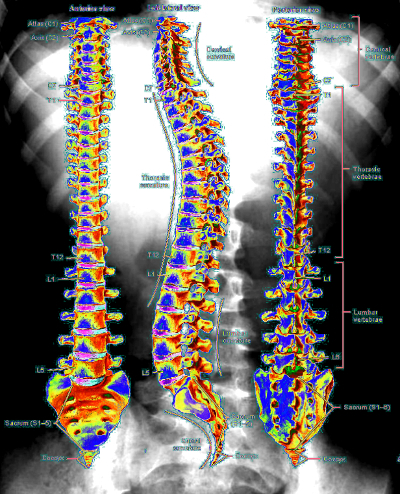Economist sees health-tech barriers
 One expert is questioning the barriers to tech innovation in healthcare.
One expert is questioning the barriers to tech innovation in healthcare.
University of Sydney Business School researcher Dr Massimo Garbuio says that while entrepreneur-driven innovation is revolutionising some areas of healthcare, significant obstacles to large scale innovation remain.
“Innovation in surgery, for example, has been massive with the surgical robotics market now worth an estimated $20.4 billion,” said Dr Garbuio.
“However, in many other areas patients are missing out on the benefits of new technology based on advances in artificial intelligence.”
Dr Garbuio believes that the problem arises “not because the technology is unreliable but because it exists in a human environment and humans are largely resistant to change.”
He also says there are issues with a “lack of collaboration between medical, management and entrepreneurship scholars; restrictive funding models in the healthcare system; the hierarchical management structure in healthcare organisations and the effect of competition for research funding.”
There is also “some reluctance amongst healthcare professionals to take risks” which is sometimes understandable, and to highlight poor data collection and management within the healthcare system,” he said.
“Unfortunately, it’s in healthcare where inefficiencies and money wasted means people go unseen, where not enough data results in something critical missed, or where too much repetition or steps mean extra trauma.
“AI is just like any other technology in that it will require behavioural change to realise its full utility and significance.
“Given that its full utility is enhancing and saving lives, we owe it to ourselves to do what we can to help it navigate the emotions of the humans it depends on to deliver it to the people who need it.
“There is lots of space for clever start-ups that build their own AI or build on IBM Watson and the likes to deliver new solutions to nurses, doctors, hospitals and healthcare provider in general.”








 Print
Print